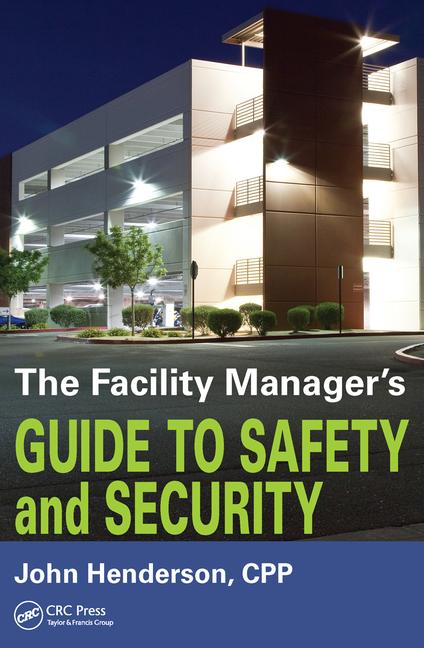No Duty Owed to Tenant

A question that frequently arises is the rights of a tenant against an alarm company where the tenant has no agreement with the alarm company but the alarm company provides service pursuant to an agreement with the landlord. That issue came up recently in a court case in the state of Pennsylvania.
The plaintiff was a tenant at the industrial center. The alarm company had no contract with the plaintiff, but had a contract with the owner of the building. The contract provided, among other things, that the alarm company was not acting as an insurer. The alarm company did not install the fire or burglar alarm system, but served as a dealer for an alarm monitoring company, which monitors the signals received from the building.
The plaintiff brought the action as a subrogation matter seeking to recover damages against the alarm company from a water loss caused by a roof collapse. The roof collapse resulted in a ruptured pipe in the sprinkler system whereby water discharged on to the premises, causing the damage.
The defendant alarm company filed preliminary objections and moved to have the case dismissed. The lower court entered an order granting the defendant’s preliminary objections and dismissed plaintiff’s complaint. The plaintiff then appealed.
In deciding the case, the appellate court indicated that the mere happening of an accident does not establish negligence or raise any inference or presumption of negligence on the part of the defendant.
The initial element a plaintiff must establish in any negligence cause of action is that the defendant owed a duty of care to plaintiff. The existence of the duty is a question of law for the court to decide. Absent a duty of care, there is no negligence action.
In the present case, the court held that there can be no negligence of action because the defendant did not owe a duty to the plaintiff. The plaintiff had no contract with the defendant alarm company. The contract between the alarm company and the property owner does not run between the plaintiff (a tenant in the building) and the alarm company and the plaintiff cannot be found to be a third party beneficiary to this contract that they are not mentioned in or part of.
Further, the court held that the alarm company is not an insurer to the plaintiff. In fact, the contract between the alarm company and the property owner specifically states that the alarm company is not an insurer to the plaintiff or plaintiff’s personal property held at the premises.
In citing a previous case that applied Pennsylvania law, the court held that fire and burglar alarm companies owed no legal duty to their subscriber(’s) tenants when the fire and burglar alarm companies contracted with the owner of the office building. The court held that the tenant could not use the office building owner’s purchase of alarm services to excuse its own failure to take reasonable steps to adequately protect itself from related losses.
In the current case, the court found that it would not be reasonable to hold the alarm company liable or negligent for the loss of a tenant that the alarm company had no duty to and no contractual obligation to.
Readers Ask
Q
We have a security company and we are providing PERS services. Very frequently the party for whom we are performing the services is unable to sign our normal PERS contract. Frequently the spouse, relative or caregiver will offer to sign the contract. Is this acceptable?
A
We understand that frequently the person for whom the services are provided cannot or is unable to sign an agreement or even understand the agreement. Normally we would allow a family member or an appointed guardian to sign the agreement on behalf of the recipient. Frequently those persons will not sign because they do not want to assume the responsibility. However, if anything does go wrong, there is usually a person who will pursue a claim on behalf of the recipient. As long as that party knows or is aware that they are signing on behalf of the beneficiary to the contract and they accept the contract responsibility on behalf of the recipient, that will suffice. I would not, however, suggest that you accept the signature of a caregiver for obvious reasons. We are aware that in many instances the PERS company is providing service without a contract, but this is dangerous. We therefore suggest that you attempt to obtain the signature of a responsible party who is aware of his or her responsibilities in the event something does go wrong.
Looking for a reprint of this article?
From high-res PDFs to custom plaques, order your copy today!








